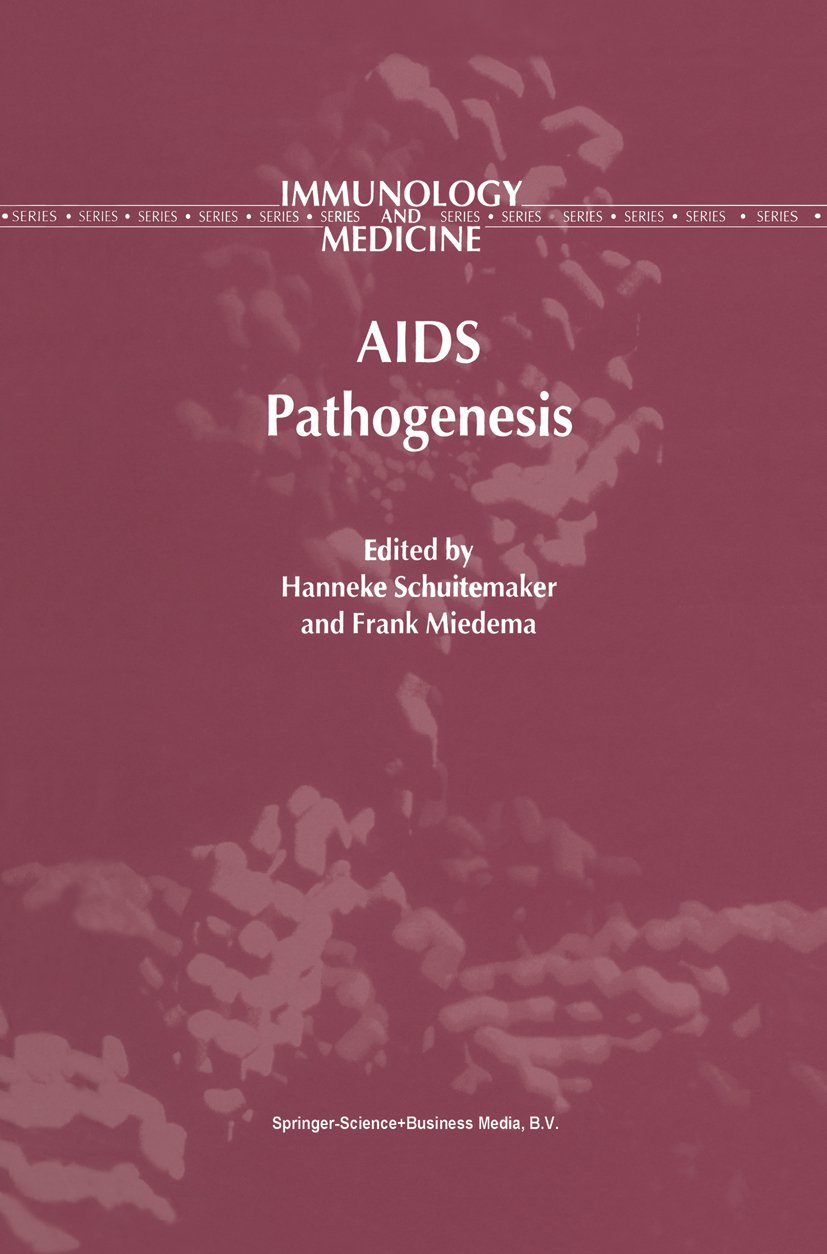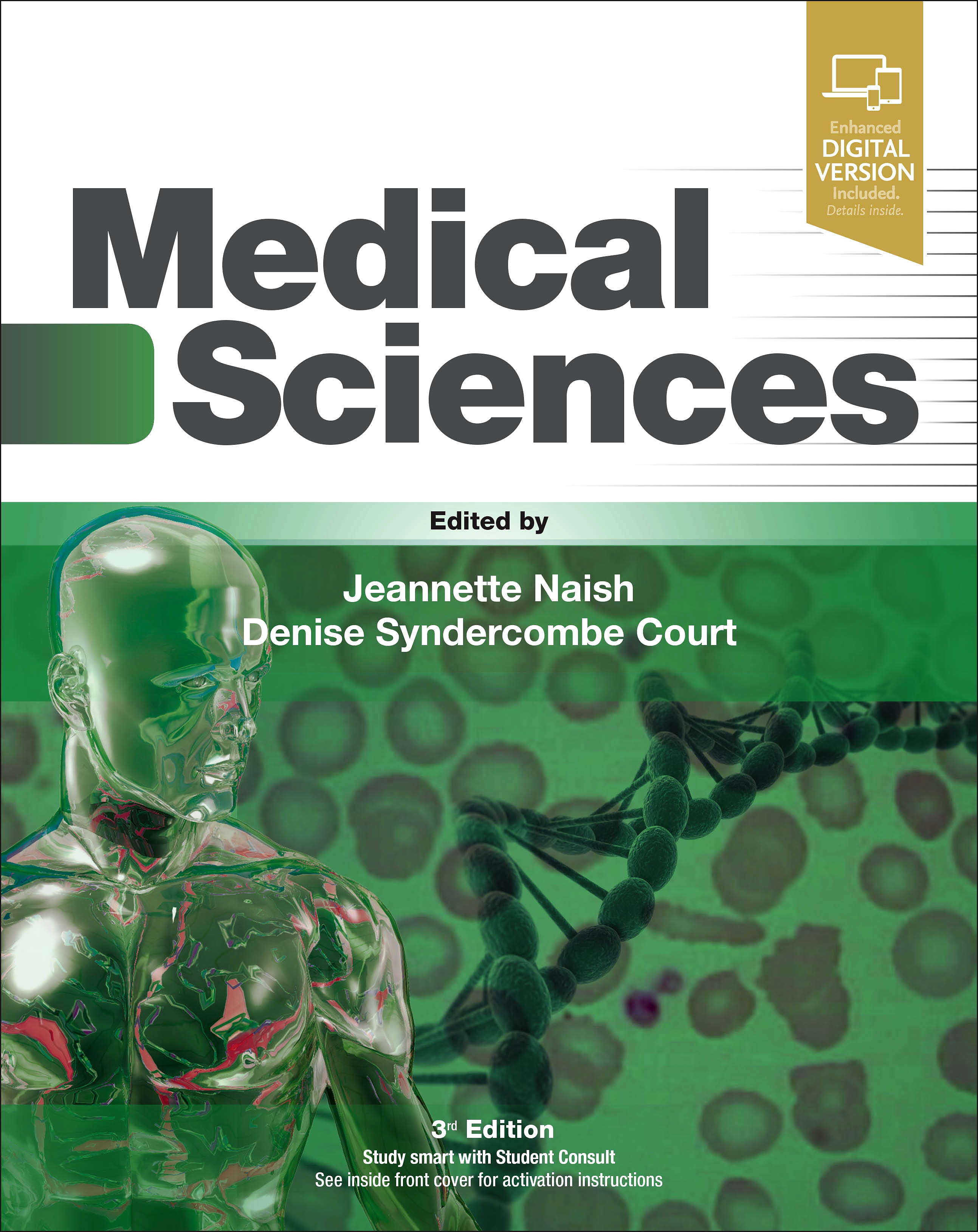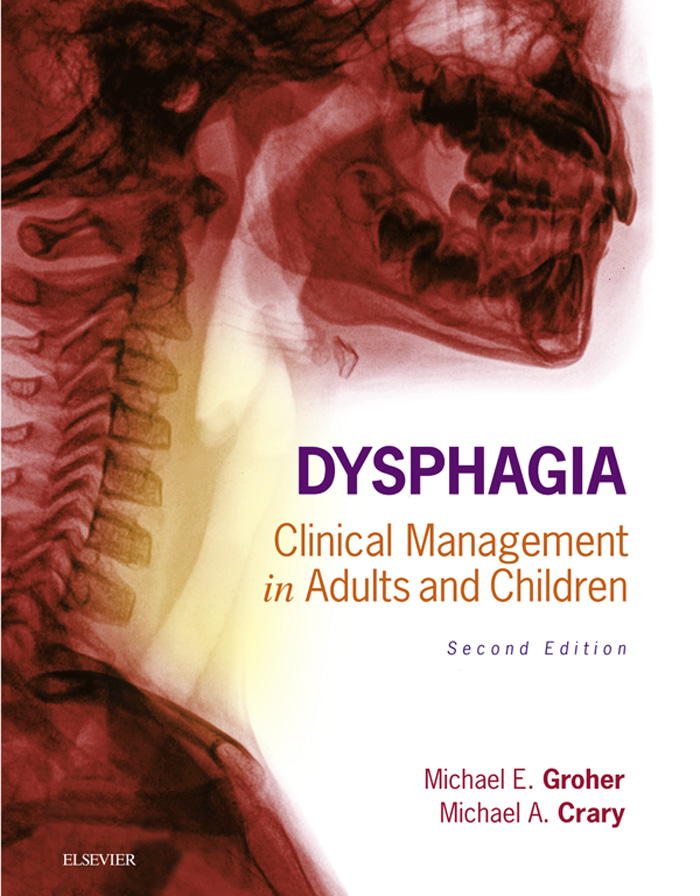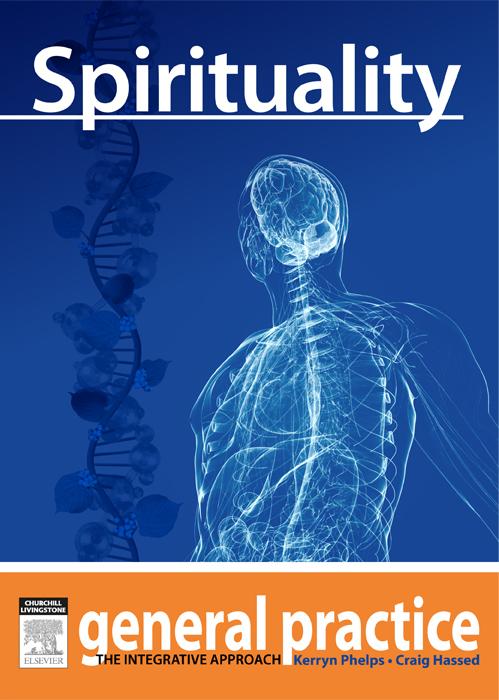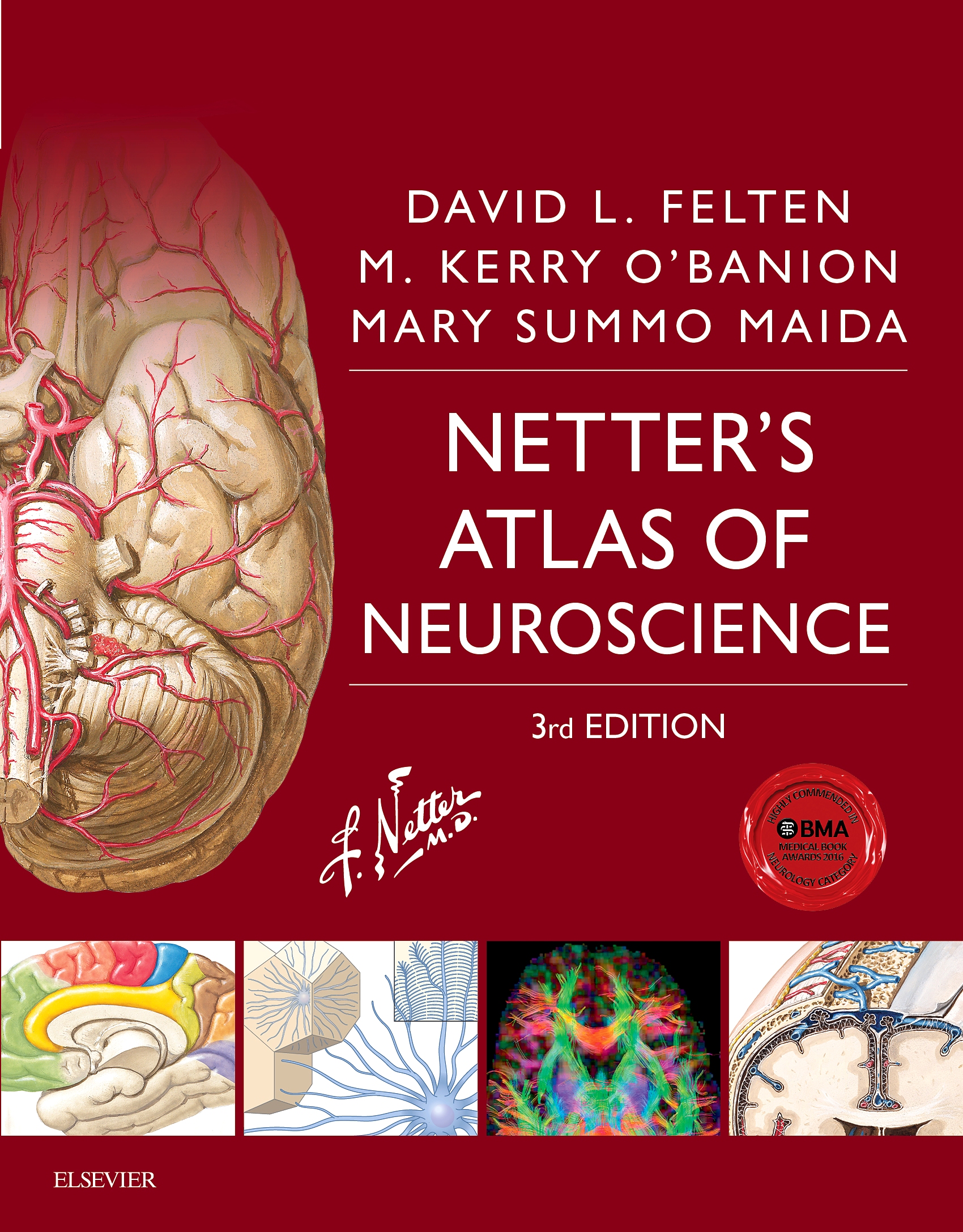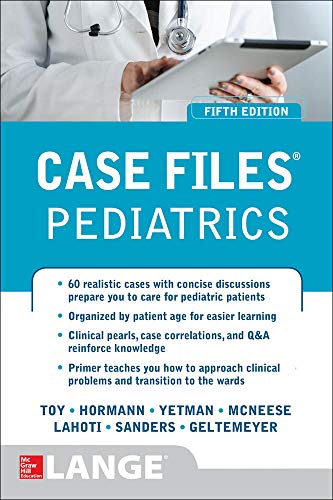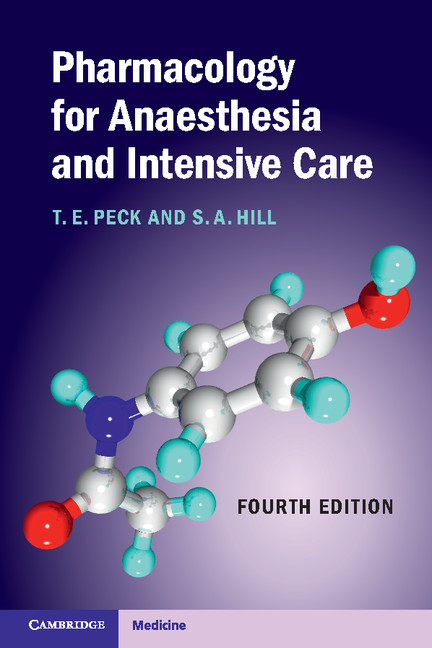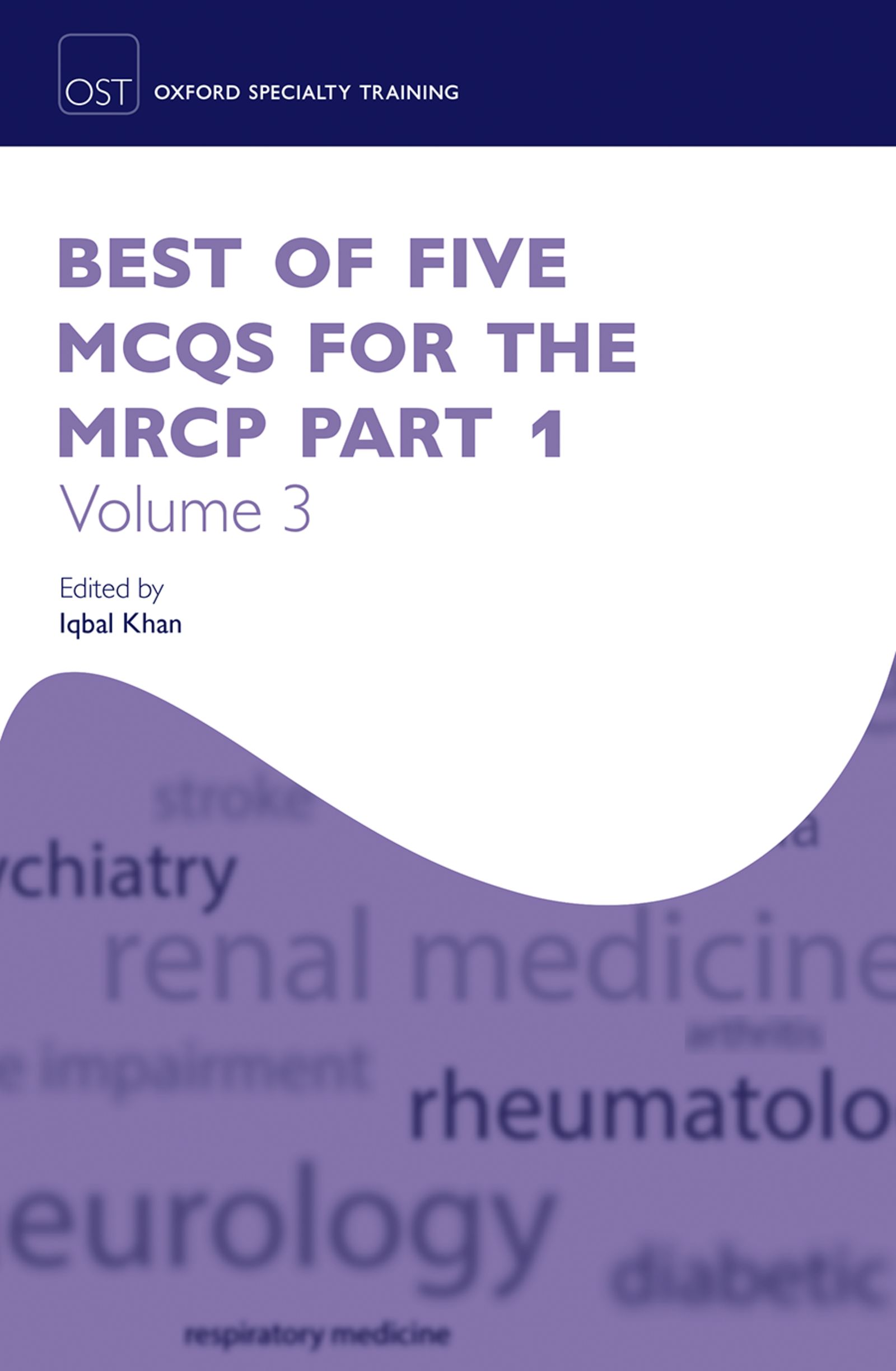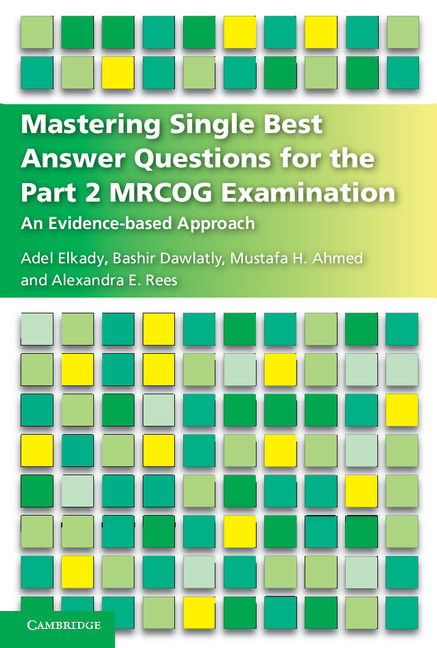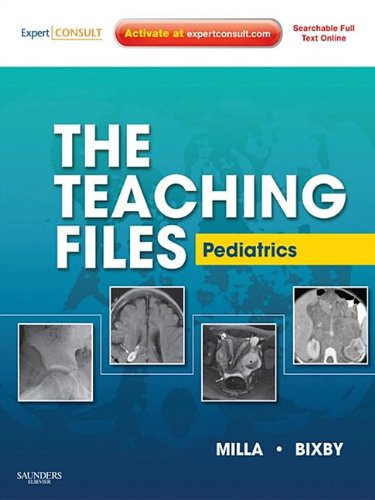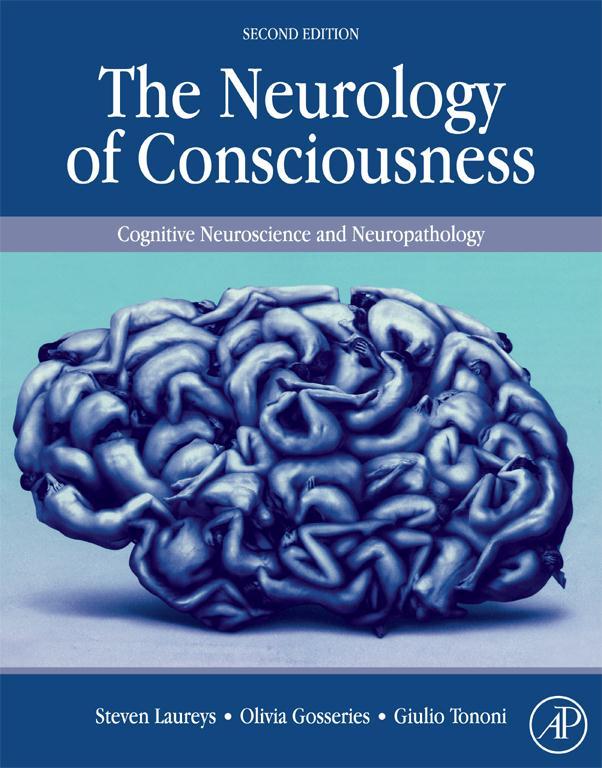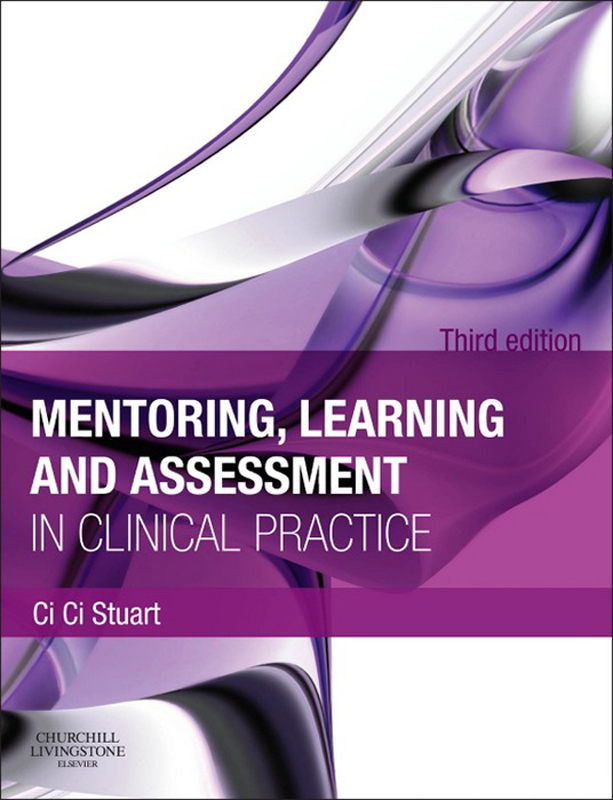AIDS Pathogenesis
by H. Schuitemaker
2020-05-30 07:28:28
Infection with the human immunodeficiency virus is characterized by the destruction of the host immune system as also reflected by a progressive loss of CD4-positive T-cells. This finally results in the host's incapacity to deal with opportunistic in...
Read more
Infection with the human immunodeficiency virus is characterized by the destruction of the host immune system as also reflected by a progressive loss of CD4-positive T-cells. This finally results in the host's incapacity to deal with opportunistic infections and the immune surveillance of tumors, a clinical status known as the Acquired Immunodeficiency Syndrome (AIDS). The book AIDS Pathogenesis provides the reader with a complete overview of the clinical course of HIV-1 infection. It describes the clinical aspects of primary infection, the different clinical outcomes of HIV-1 infection, and strategies for anti-viral treatment. In addition, more fundamental aspects of HIV-1 infection are reviewed. These include the biology of the virus and the novel insights in AIDS pathogenesis. Not only is the significance of an HIV-specific cellular and humoral immune response discussed, but also the possible incapacity of the adult human host to deal with T-cell destruction. Finally, the book discusses the currently used laboratory markers that allow for monitoring of the clinical course of infection.
Less


